Modified on: 11/12/2024
ACCORDING TO THE UNIVERSITY OF SOUTHERN DENMARK, CBD HELPS FIGHT ANTIBIOTIC-RESISTANT BACTERIA.
CBD contains, together with THC, one of the cannabinoids produced in large quantities by the glandular trichome hemp. Legal CBD flowers are incredibly rich in CBD (as well as products derived from it, such as CBD oil and legal hash). At the same time, “classic” marijuana has varying amounts, usually topped with THC.
The beneficial effects of CBD on our bodies are known worldwide. Among the main ones, discovered relatively recently by the scientific community, are the analgesic, anti-inflammatory, anticonvulsant and many other effects, but in recent months another result of CBD in its isolated form has become known.
-
 SMALL & BIG
SMALL & BIGBUBBLEGUM
Indoor | CBD – CBDA < 22%
Starting from:EASTER SALE -10%
1,25CHF1,10CHF/gGrams3 5 10 20 50 100 -


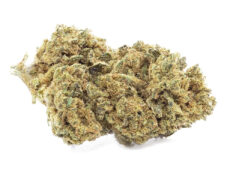
DO SI DOS
Starting from: 2,00CHF/gIndoor | CBD – CBDA < 19%
Grams3 5 10 20 50 100 -


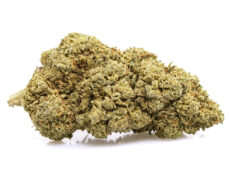
ROYAL GG#4
Starting from: 2,30CHF/gIndoor | CBD – CBDA < 40%
Grams3 5 10 20 50 100 -


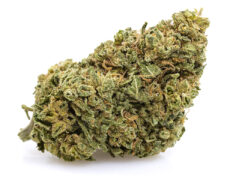
GORILLA GLUE
Starting from: 2,90CHF/gIndoor | CBD – CBDA < 20%
Grams3 5 10 20 50 100
Indeed, the University of Southern Denmark has discovered that cannabidiol can help fight antibiotic-resistant bacteria.
The latest study in this regard (dated March 2020) suggests that CBD could improve the effectiveness of antibiotics to better fight against drug-resistant bacteria. Today, we want to talk to you about this research, which could be one of the most significant scientific discoveries about the health benefits of cannabidiol.
Are you ready? Then let’s move on to the next paragraph!
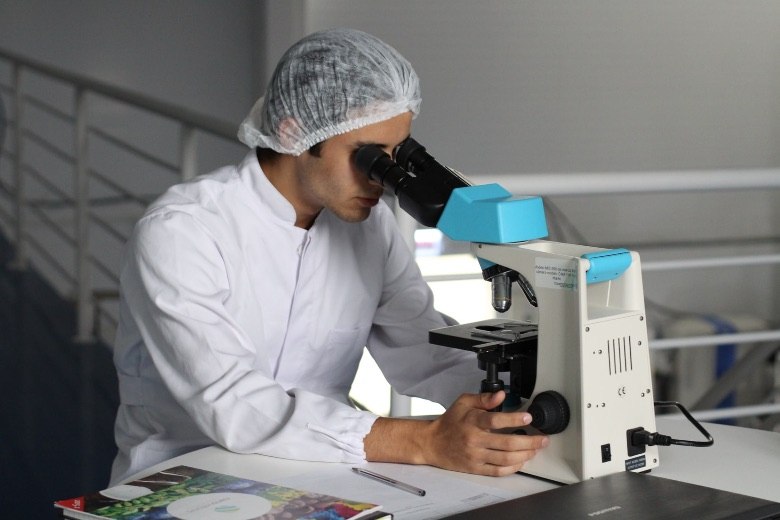

Improving antibiotics effects with CBD: a new discovery from the University of Southern Denmark
Since 1928, when Sir Alexander Fleming discovered penicillin, antibiotics have saved millions of lives (and more) from life-threatening infections. However, bacteria tend to develop systems to escape the action of antibiotics, to the point where they become resistant to antibiotics.
It is no coincidence that doctors, and particularly paediatricians, advise against overuse of antibiotics. It is a way of ensuring that bacteria very quickly acquire the defence mechanisms that protect them from drugs.
Fewer antibiotics available to treat infections means a gradual return to the dangerous pre-antibiotic era. That is to say, to the situation that prevailed before 1928. It is a genuinely alarming prospect! So much so that doctors and researchers have been looking for ways to increase the effectiveness of antibiotics. Many alternative strategies have also been explored, including the use of cannabidiol (CBD) as a support compound.
Support compounds are non-antibiotic compounds capable of increasing the antibacterial power of the antibiotics themselves. And the University of Southern Denmark has shown in a scientific study that CBD is indeed one of these support compounds.
Read also: Cannabis strains and effects: Dr Ethan Russo’s research.
The study on CBD as an antibiotic carrier
Cannabis compound helps fight resistant bacteria as shown in a study on the auxiliary effects of CBD on antibiotics that was published in Scientific Reports on 24 March 2020. (https://www.sciencedaily.com/releases/2020/03/200324131833.htm)
Researchers from the University of Denmark claim that the combination of CBD and antibiotics had an antibacterial effect, better than the impact of antibiotics alone. Thus, to kill a certain amount of bacteria, they needed a lower dose of antibiotics when given in combination with CBD.
During the study, CBD was used with the antibiotic bacitracin to control Staphylococcus aureus, one of the most harmful pathogenic bacteria to humans. Staphylococcus aureus infections can affect the respiratory tract, blood, bones, skin and much more, and spread very rapidly through direct and indirect contact and inhalation of infected droplets of saliva.
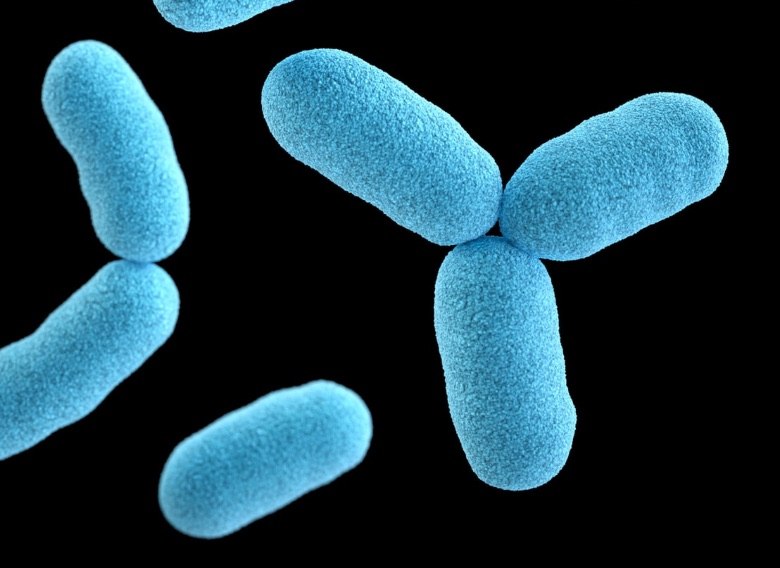

In many countries, it is challenging to treat infections caused by this gram-positive bacterium because of the antibiotic resistance it develops. But in the laboratory, the combination of CBD cannabis with the antibiotic bacitracin has produced surprising effects.
Here is what happened during the research:
- the bacteria could no longer divide normally to reproduce;
- the expression of several essential genes (cell division and autolysis genes) in the bacteria was significantly reduced;
- the bacterial membrane became unstable.
Therefore, it seems that the CBD buds action was of fundamental importance in this sense.
See also: Marijuana California Haze: all the features of this variety
Antibiotic-resistant bacteria: prevention is better than cure!
At a time when bacteria are developing strong resistance to antibiotics, it is essential not only to find ways to treat them more effectively but also to prevent this phenomenon.
According to researchers at the University of Southern Denmark, the leading cause of bacterial resistance is the overuse of antibiotics. We should therefore avoid taking these antibacterial drugs excessively and, at the same time, hope that nature will provide us with elements that can help the action of antibiotics, such as CBD.
We hope that scientific research will continue to flourish and that cannabidiol of the CBD Weed will prove to be an real support and side-treatment not only against Staphylococcus aureus but also against many other bacteria responsible for severe infections!







